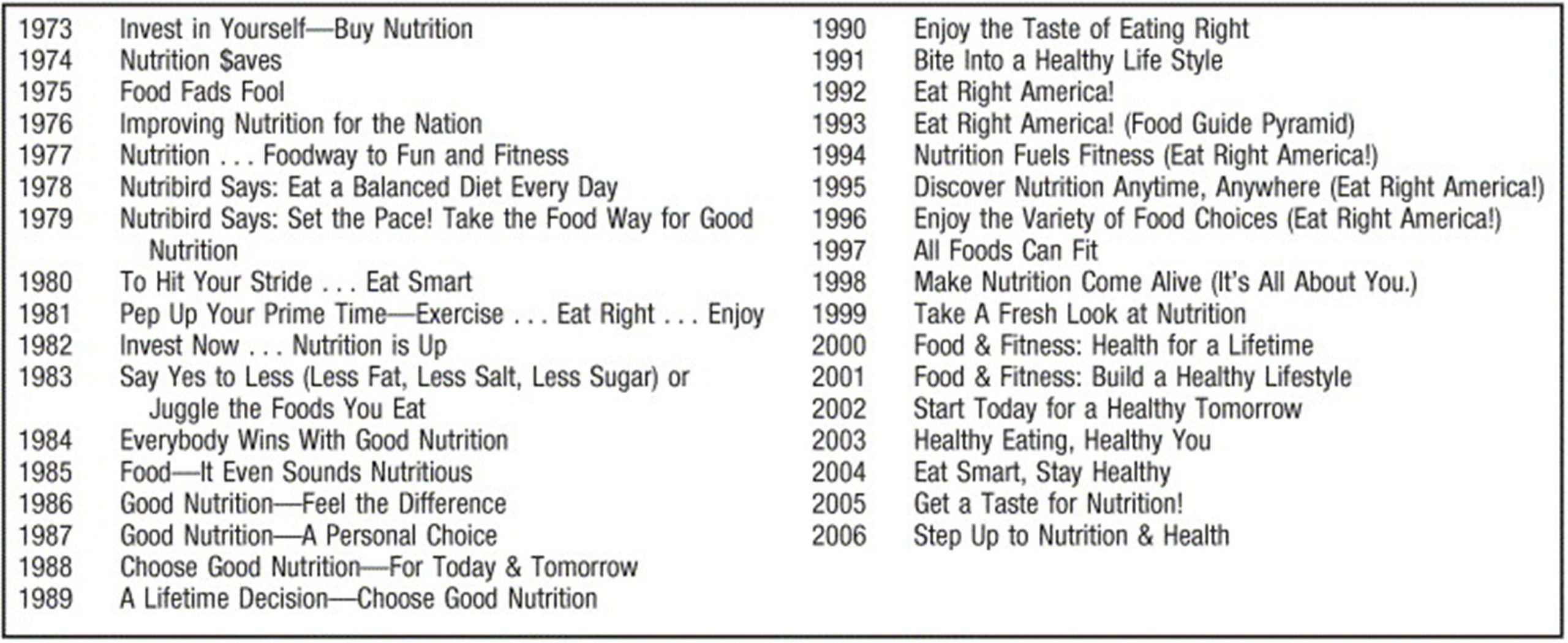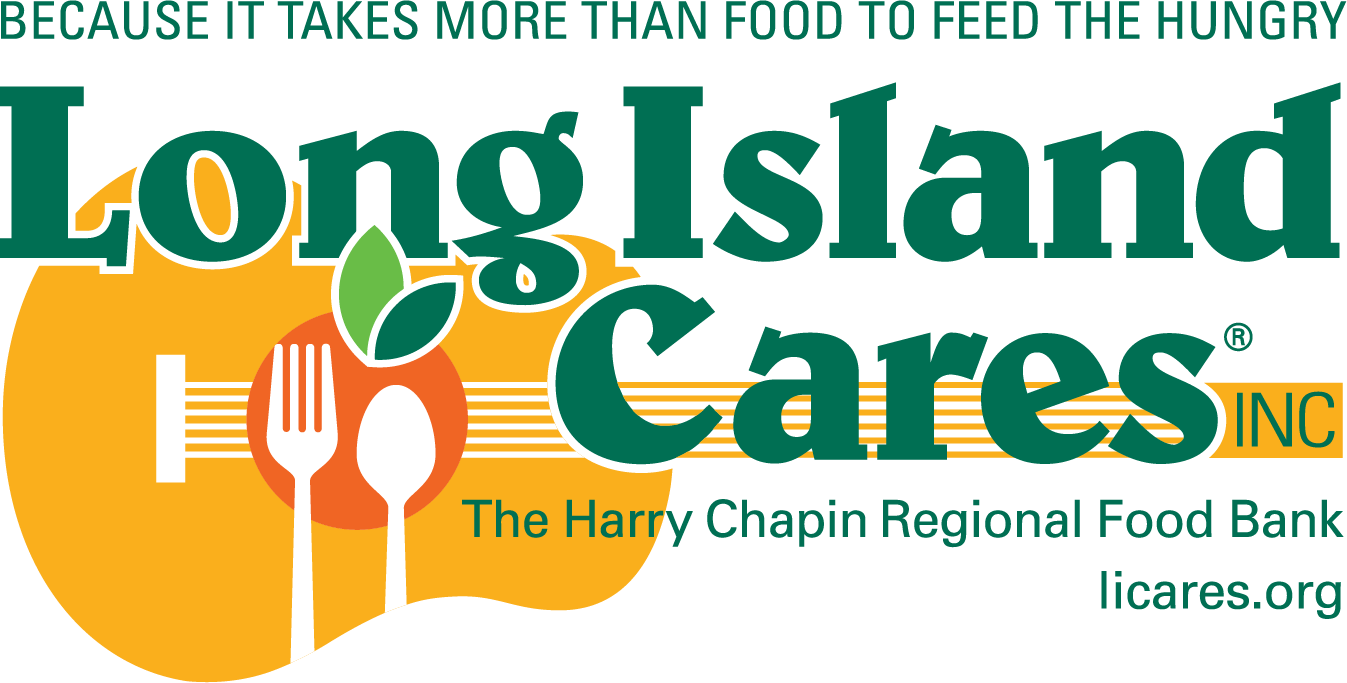The History of #NationalNutritonMonth
March is the time we celebrate National Nutrition Month!
But have you ever thought about WHY we celebrate National Nutrition Month?
Created in 1973 (exactly 50 years ago!), National Nutrition Month evolved from a smaller event produced by the American Dietetic Association (now known as the Academy of Nutrition and Dietetics) called National Nutrition Week. According to the Journal of the Academy of Nutrition and Dietetics, it kicked off “with a presidential proclamation by Richard Nixon, TV and radio public service announcements, news releases, and even bumper stickers, all featuring the theme ‘Invest in Yourself—Buy Nutrition.'”
The A.D.A. wanted to bring more attention to dietetics, or the study of diet and nutrition. Before the world of a thousand diets we live with today, most Americans took nutrition for granted. You ate what mom made, didn’t question too much, and carried on without interruption.
But as fast-food corporations grew, food additives were invented, sugar levels skyrocketed, and other less-healthy options grew in popularity, the A.D.A. knew it needed to act. According to a study by The Obesity Society published in Science Daily, “added sugar consumption by American adults has increased by about 30%” since the 1970s, making this program even more critical.
Quickly getting to work planning a week dedicated to learning about healthy eating, the A.D.A. even crafted a friendly mascot named Nutribird, a bird with a body shaped like a head of lettuce with a lovely carrot beak. Nutribird visited schools and community centers with dieticians to teach the importance of a healthy and balanced diet.

But Nutribird’s time was all too short, and he retired in the early 1980s. Dieticians would continue to visit community centers to teach the public about the importance of dieting but soon realized they needed to switch up the messaging to be more effective.
In the 1990s, the A.D.A. noticed that many people “wanted” to eat healthier but didn’t know how. So, it devised an easy-to-read triangle known as the food pyramid (which later evolved into the MyPlate design utilized by Long Island Cares nutritionists during their classes and recipes).

It helped kids and adults understand the proper food portions without sitting through lessons. (Ironically, the food pyramid was a poor guide and left many options far too broad, leaving out specifics such as carbohydrates, sodium levels, and more Americans know today.)
MyPlate was a revolution in the world of dietetics and represented a much more accurate representation of what an average American should consume daily.)
The guidelines are updated every five years as average dietary needs change. National Nutrition Week grew larger and larger as more people learned about the food pyramid and became interested in nutrition. Eventually, the week grew into the month we now celebrate.
Today, the A.D.A. continues to promote healthy lifestyles and diets with new themes to keep things fresh (Check out some of the past themes below!).

This year’s theme is “Fuel for the Future.” It aims to promote healthy options for American children. With endless food options today, it’s more important than ever for the Academy of Nutrition and Dietetics to promote healthy choices to kids to help them grow big and strong.
At Long Island Cares, we’re celebrating by introducing Long Island kids to new and exciting recipes created by our nutritionists. You can check them out on our Tiktok!
Celebrate with us by spreading awareness about healthy options, using MyPlate, or making more nutritious choices this month!
While Nutribird and the food pyramid have changed and evolved, the Academy of Nutrition and Dietetics continues to adapt and pivot to the dietary needs of the nation.
And who knows what the future holds? Maybe one day, Nutribird will make a triumphant return and teach us more about the importance of eating right as we continue to take a more significant interest in the wide world of nutrition.
As the world continues to take a more significant interest in nutrition, maybe one-day Nutribird will make a grand return to teach kids about the importance of eating right.
